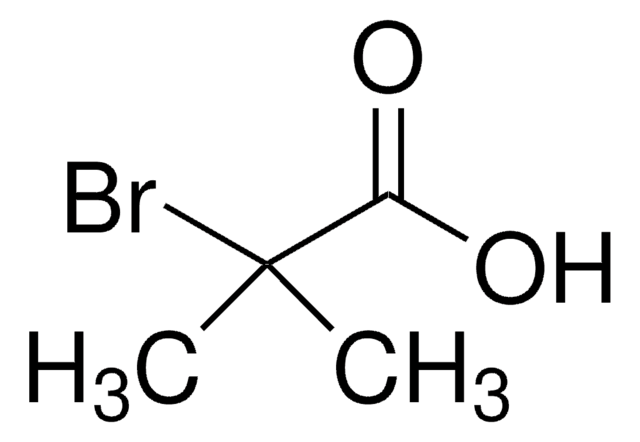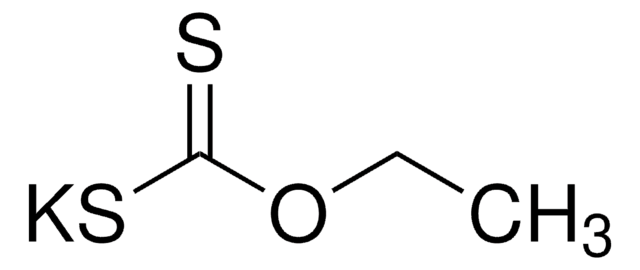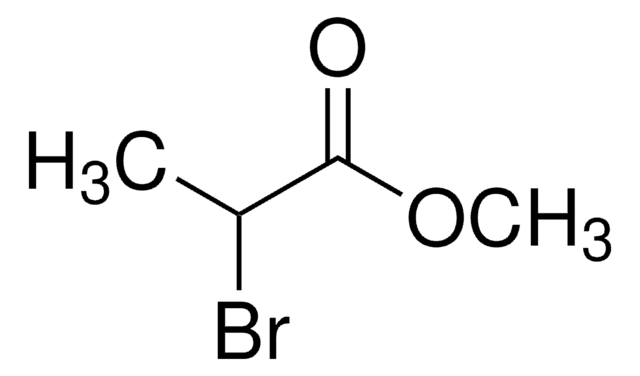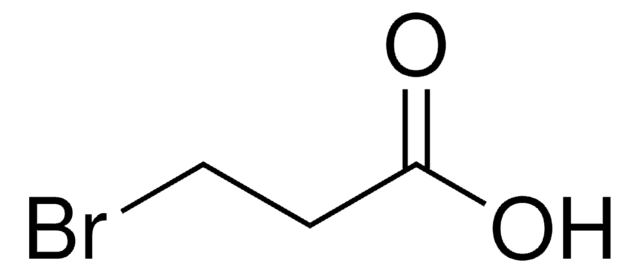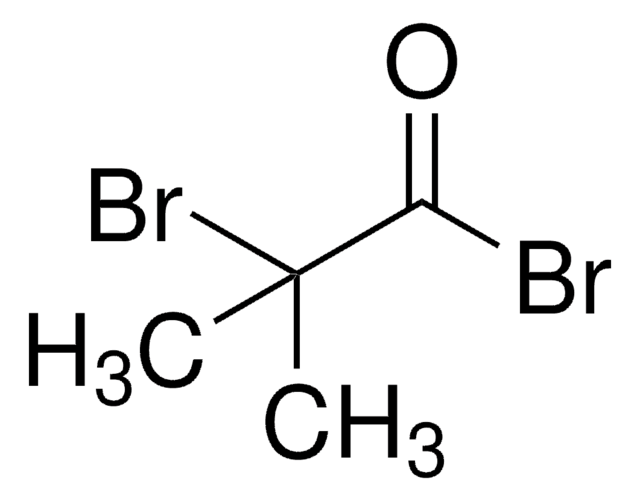About This Item
Recommended Products
Quality Level
assay
97%
form
liquid
refractive index
n20/D 1.474 (lit.)
bp
99-103 °C/10 mmHg (lit.)
mp
−4 °C (lit.)
solubility
water: soluble 15 part
alcohol: soluble
diethyl ether: soluble
density
1.567 g/mL at 25 °C (lit.)
SMILES string
CCC(Br)C(O)=O
InChI
1S/C4H7BrO2/c1-2-3(5)4(6)7/h3H,2H2,1H3,(H,6,7)
InChI key
YAQLSKVCTLCIIE-UHFFFAOYSA-N
Looking for similar products? Visit Product Comparison Guide
Application
signalword
Danger
hcodes
Hazard Classifications
Acute Tox. 4 Oral - Eye Dam. 1 - Skin Corr. 1B
Storage Class
8A - Combustible corrosive hazardous materials
wgk_germany
WGK 3
flash_point_f
No data available
flash_point_c
No data available
ppe
Faceshields, Gloves, Goggles, type ABEK (EN14387) respirator filter
Choose from one of the most recent versions:
Already Own This Product?
Find documentation for the products that you have recently purchased in the Document Library.
Our team of scientists has experience in all areas of research including Life Science, Material Science, Chemical Synthesis, Chromatography, Analytical and many others.
Contact Technical Service
